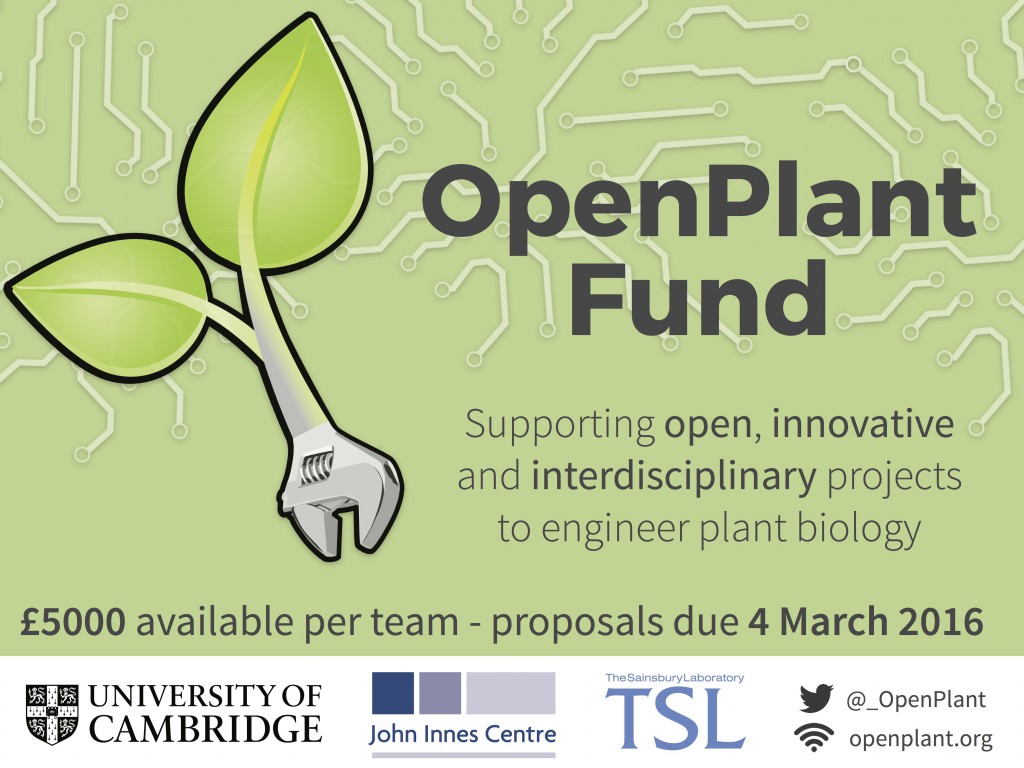On the 6th September, leaders in the field of livestock genetics will gather at The Roslin Institute where they will discuss the future of farming and the implications of Genome Engineering. A series of talks and panel discussion sessions will examine the global scene and case studies from academia and industry, highlighting the opportunities and challenges in the field.
Who should attend?
Researchers in academia or industry and policy makers with interests in food security and the livestock sector, particularly in the genetic techniques to improve livestock and the regulatory issues surrounding these new technologies.
Sponsorship for Early Career Researchers
The Biotechnology & Biological Sciences Research Council (BBSRC) is supporting this event with the offer of attendance sponsorship for UK university-based early careers researchers who register for this meeting and are working currently on BBSRC-funded research. BBSRC will consider sponsoring up to 10 individuals within this category, which is defined as BBSRC-funded post-doctoral research staff with five years or less of total active research employment.
- Sponsorship will be offered in the form of reimbursement of travel and subsistence costs after meeting attendance
- Researchers who may be eligible for BBSRC sponsorship should register via the process defined for all meeting attendees. Once registered, please request a sponsorship application form from Emilie Brady (emilie.brady@ed.ac.uk); the deadline for submission of completed applications is 5pm Wednesday 6th July 2016.
- Awardees will be selected by BBSRC Office, taking into account the need for scientific range and researcher / institutional diversity. Registrants for this meeting should therefore be prepared to meet their own attendance costs if unsuccessful. Sponsorship applicants will be informed of the outcome by Friday 22nd July 2016
Source: Genome Editing and the Future of Farming – The National Institutes of Bioscience

![[Closes 24 Nov 2107] Apply now to the OpenPlant Fund!](https://images.squarespace-cdn.com/content/v1/54a6bdb7e4b08424e69c93a1/1509564315902-TUO4I6QRWI9TT8UGSIAJ/OpenPlantTwitter_400x400+%281%29.jpg)

![[Closes 7 Mar 2017] OpenPlant Research Associate (Haseloff Lab)](https://images.squarespace-cdn.com/content/v1/54a6bdb7e4b08424e69c93a1/1486552818859-FH76MCA8SMFU93WB85RX/OpenPlantTwitter_400x400.jpg)




